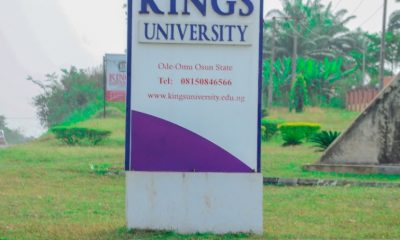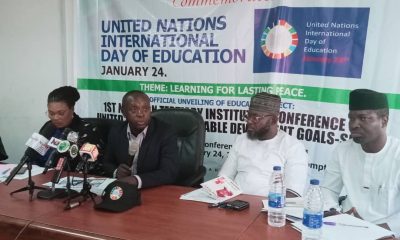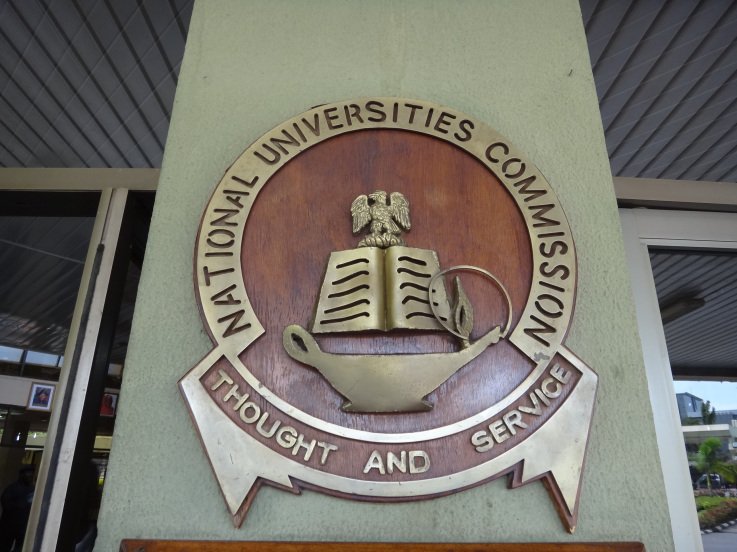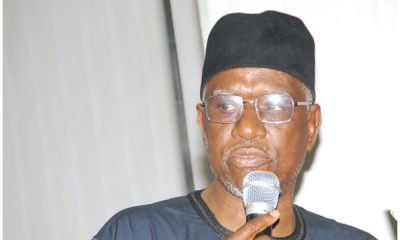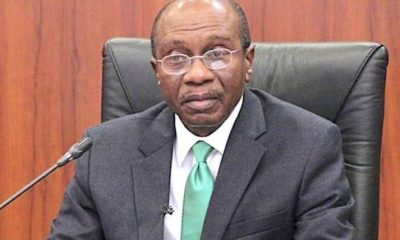Education
No Nigerian Varsity is allowed To Charge Fees In dollars -NUC

…secure prosecution of degree mills perpetrators
The National Universities Commission (NUC) has said no University operating in the country whether public or private, was allowed to charge fees in dollars.
Acting Executive Secretary of the NUC, Chris Maiyaki who made this known during an interactive session with members of the Education.Correapondenta of Nigeria (ECAN) on Thursday in Abuja, however explained that with dollar as the only acceptable unified unit of currency for international students all over, some universities accused of charging their fees in dollars were only doing so to foreign students.
Giving further clarification, Maiyaki noted that any international student who wishes to study in Nigeria would have to pay their fees in dollars.
He said; “No Nigerian University is allowed.. The Nigerian law actually prohibits any Nigerian entity to charge in dollars. That institution does not charge in dollars. Go to the website of that institution, you will see that it is very explicit. They have stated that they only charge their foreign students in dollars.
“If you’re going to go to the opposite direction and go to Ghana, Ghana will charge a Nigerian student in dollars, Uganda with charge in dollars, Kenya will charge in dollars. As for our institutions, they are properly guided by law not to charge in dollars.”
The NUC boss who condemned degree mills being undertaken by some individuals, disclosed that some prosecutions have been secured and those found guilty were currently serving jail terms.
“The institutions that are involved in milling degrees illegally illegitimately, and in a very unapproved fashion. We’re proud to say that we have secured some prosecutions, you know; some individual or individuals are currently serving jail terms as a result of these nefarious activities.”
The NUC boss while disclosing that a directory of full professors in Nigeria have been generated to ease referrals, also revealed that that a unit cost analysis has been produced to relate how much it would cost to train an individual in specific disciplines in universities operating in the country.
“We are proud to say that we have produced for the first time in many years, the unit cost analysis. We put together a working group that came up with a unit cost estimate as to what that will take to train an engineer, a medical doctor, a graduate of mass communication, somebody in the humanity or pharmacists, an architect.
“We from the National University Commission assisted by experts, produced a unit cost analysis of how much it will take to train a Nigerian graduate and we have transmitted this to government and I’m sure this will serve as a veritable tool in helping government in even the newly established Nigerian educational loan.”
Speaking further, Maiyaki who said they were 26 Distance Learning Centers reintroduced to bridge the huge education gap of demand and supply, hinted on pending requests to establish not only more of the distance learning centres, but also universities in the country.
“As of today we have about 26 Distance Learning Centers and we will not approve any distance learning centre that has fallen short, or that is going to perpetuate quackery, no, this is a very serious era.
“This is a new feature and we want to assure the public and the nation that the Distance Learning Center will walk through the process, and will not stop them from establishing them. what we need to do is to teach our quality assurance ecosystem because they have a huge potential for reducing the gap between demand and supply.”
The NUC boss listed some challenges confronting efficient service delivery of the commission to include; constant industrial unrest in universities which hinders delivery of quality teaching, slow pace of deployment of ICT facilities and its adaptation in teaching by academics in the Nigerian University System (NUS), paucity of funds to train and retrain the needed manpower to move the system forward, and lack of state of the art equipment for renewed quality assurance activities.
-

 News2 days ago
News2 days agoOsun Communal crisis: Slain NSCDC operative Buried Amid Tears [Photos]
-

 News4 days ago
News4 days agoKings Worshipping Idols Are Herbalists-Oluwo
-

 News3 days ago
News3 days agoFIDA Calls For Prosecution Of Medical Doctor Accused Of Raping Teenage Admission-seeker In Osun
-
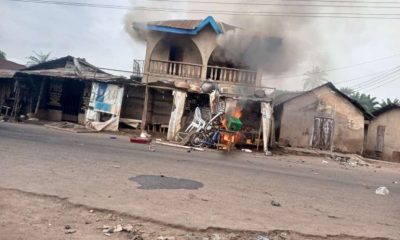
 News2 days ago
News2 days agoNSCDC Officer Killed, Palace Burnt, Others Injured As Communal Clash Erupts In Osun Communities



